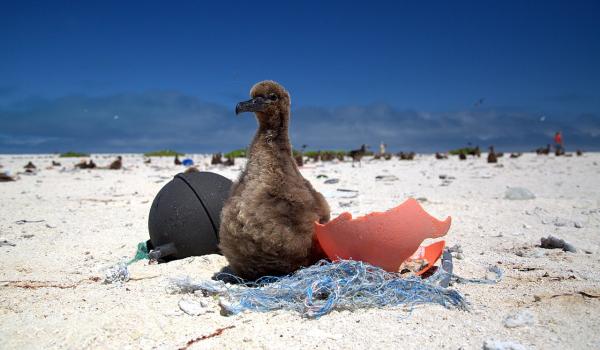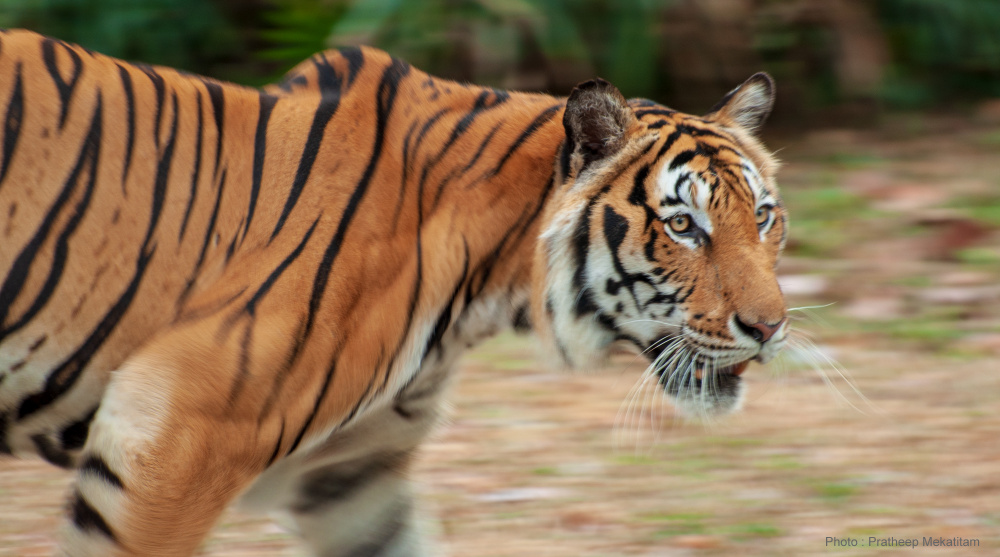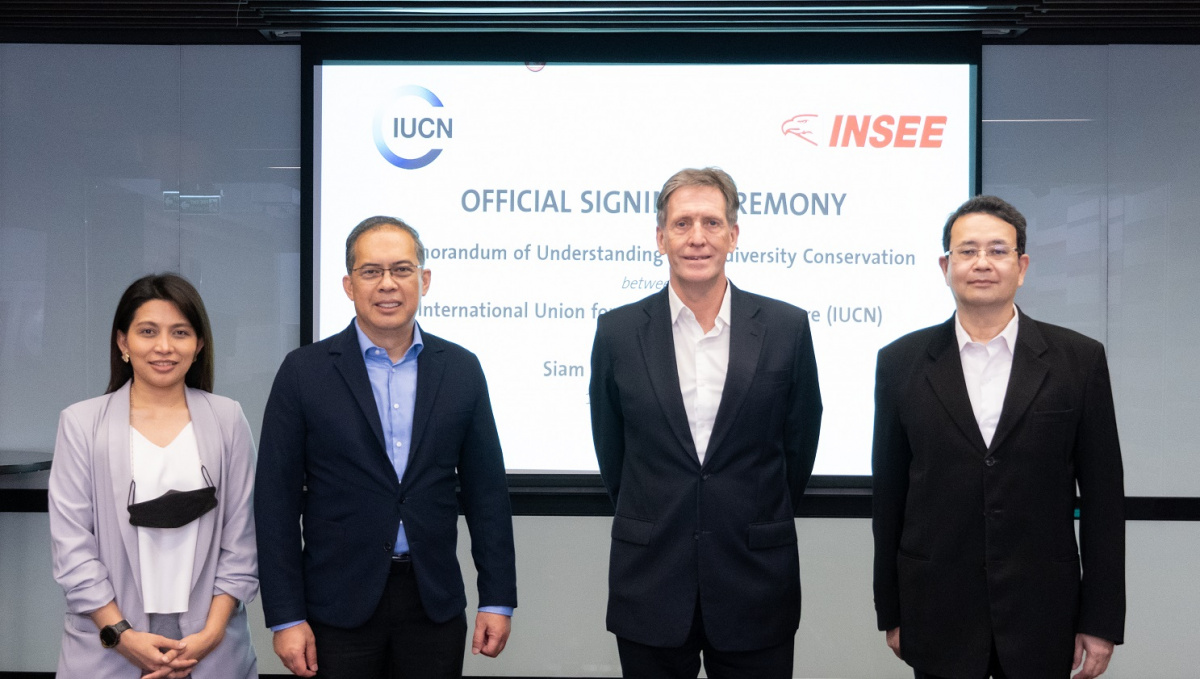Multi-stakeholder collaboration restores rare water onions in southern Thailand wetlands
From January to April 2021, the East Forum Foundation worked with over 300 community members, school children and government officials to collect seeds of the endemic water onion (Crinum thaianum), grow them in nurseries and outplant them in streams in Ranong and Phang Nga provinces in southern Thailand. The work aims to raise awareness of the plants, which are only found in southern Thailand, and play a significant role in preventing erosion during monsoon season floods.
The project, Capacity building for climate change resilience of local communities surrounding the habitat of water onion (Crinum thainum) in Ranong wetland, is implemented by the East Forum Foundation, and supported by IUCN’s Mekong WET project. The restoration of the water onion and its habitat will reduce local vulnerability to climate change and rehabilitate the wetland ecosystem. The water onion is a flagship species of Ranong wetland, which helps to reduce canal erosion, and provides habitat, food and breeding grounds for aquatic species.
Through collaboration with youth groups, schools, local communities, Klong Naka Wildlife Sanctuary and Si Phang Nga National Park, the project replanted 1,800 pots (approximately 27,000 seedlings) of water onions in seven locations. In total, 379 participants attended the events.
The water onion is in the Amaryllidaceae family. The rare species can only be found in running streams in Ranong and Phang Nga provinces. Dubbed ‘Queen of the River,’ the plant blossoms from October- December. The water onion was first found in 1972 in Ranong province around Nakha, Rua and Wang Hin canals running through Suk Samran district.
At present, the water onion is listed as endangered on the IUCN Red List, due to impacts of climate change and loss of suitable habitat. The species is thought to have a narrow ecological niche, occurring in highly specific habitats. The further rehabilitation of wetlands throughout Ranong is needed to build resilience and mitigate the negative impacts of climate change on biodiversity and local communities.
The project also supported the planting of elephant apple trees (Dillenia indica L.), Hopea griffithii Kurz, iron wood trees (Hopea odorata Roxb.), black plum trees (Syzygium cumini (L.) Skeels), rose apple trees (Syzygium jambos (L.) Alston, jambolan plum trees (Eugenia claviflora Roxb) and white meranti trees (Shorea roxburghii G.Don). These plants will act as ground cover and provide income to local communities, while further reducing erosion in the area.
The Mekong WET Small Grants fund several wetlands projects in the Indo-Burma region. These initiatives are directly answering specific climate threats to wetland ecosystems, species, and communities using Ecosystem-based Adaptation strategies as the main approach.
About MWET
Funded by the International Climate Initiative (IKI) of the German Federal Ministry for the Environment, Nature Conservation, Building and Nuclear Safety (BMUB), the “Mekong WET: Building Resilience of Wetlands in the Lower Mekong Region” project aims to build climate resilience by harnessing the benefits of wetlands in Cambodia, Lao PDR, Thailand, and Viet Nam.
Mekong WET will help the four countries to address their commitments to the Ramsar Convention, an international treaty for the conservation and sustainable use of wetlands, and to achieve the Aichi Biodiversity Targets.
About IBRRI
The Indo-Burma Ramsar Regional Initiative (IBRRI) was jointly developed by the Ramsar National Focal Points of the five countries (Cambodia, Lao PDR, Myanmar, Thailand, and Viet Nam), and IUCN’s Asia Regional Office, based on specific needs identified in these countries. It was endorsed by the 52nd meeting of the Ramsar Convention Standing Committee in June 2016. The IBRRI aims to support the coordinated implementation of the objectives of the Strategic Plan of the Ramsar Convention. IUCN acts as the Secretariat for the Initiative under the leadership of the Steering Committee, which includes representatives from the five governments and the Ramsar Convention Secretariat as an observer.










